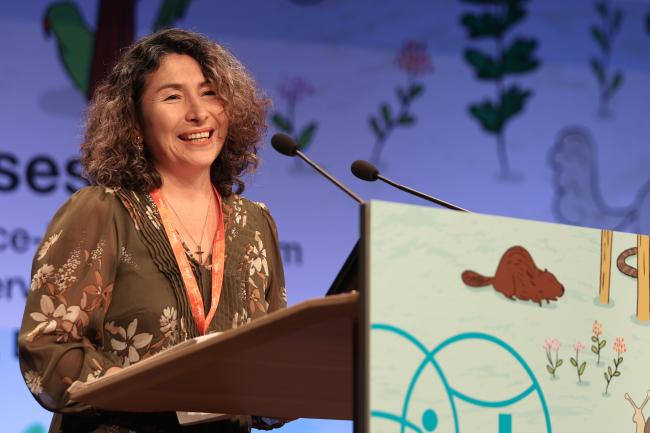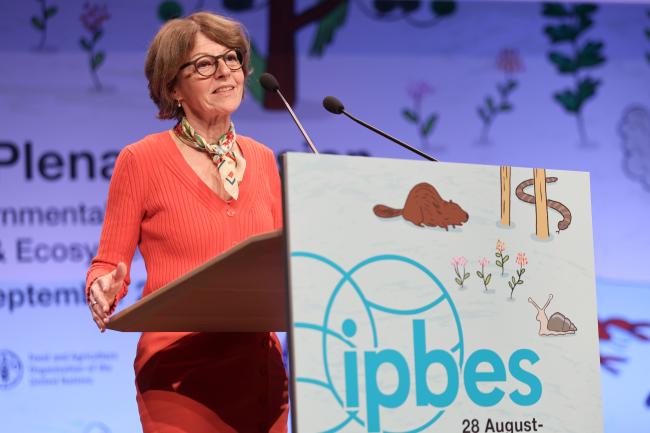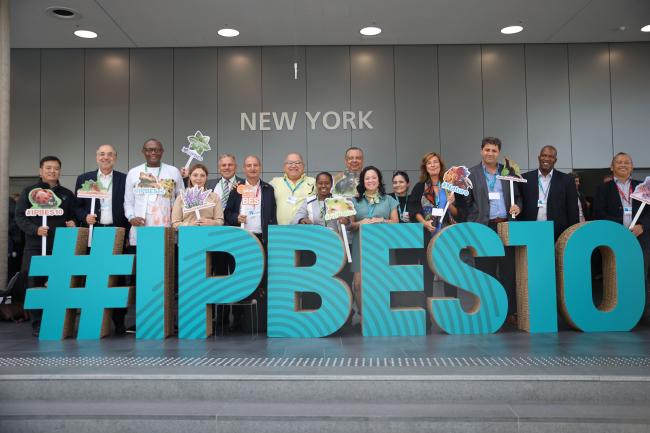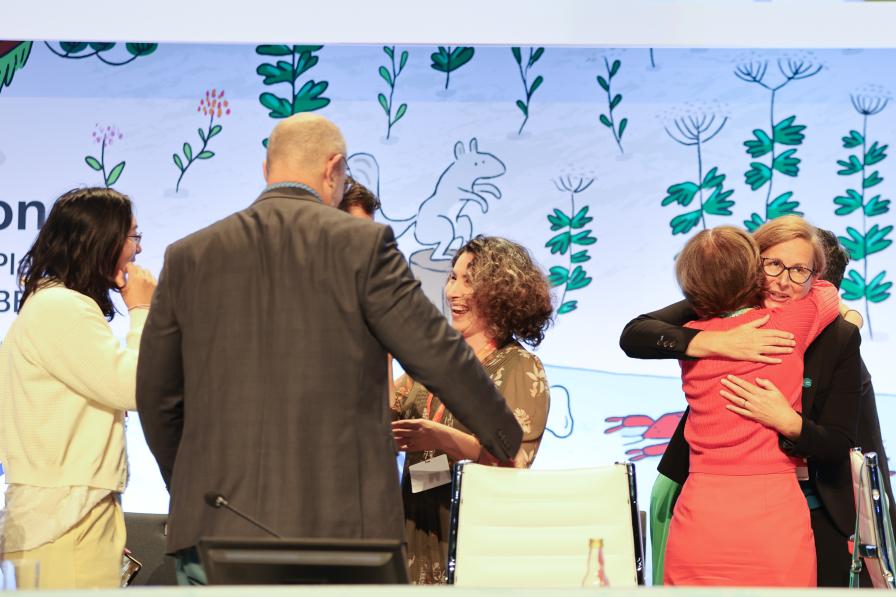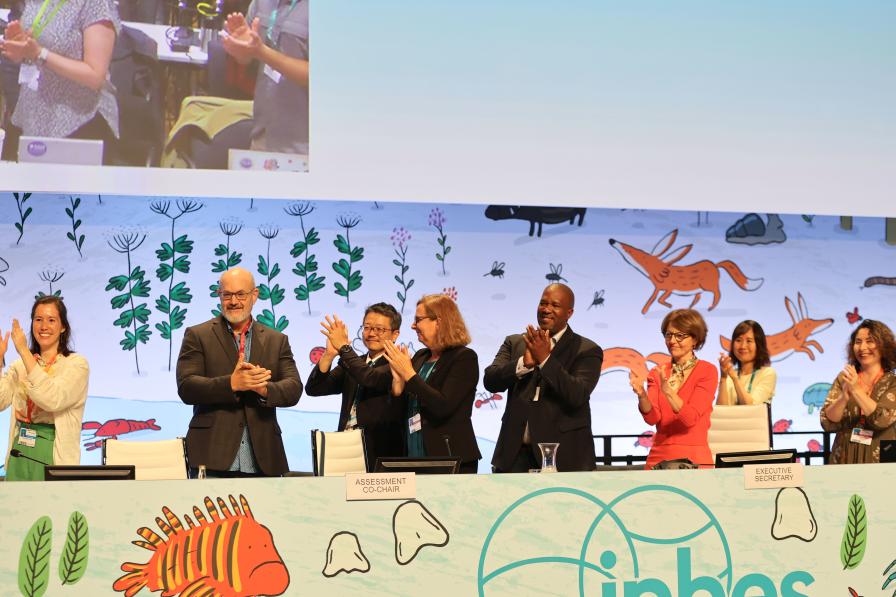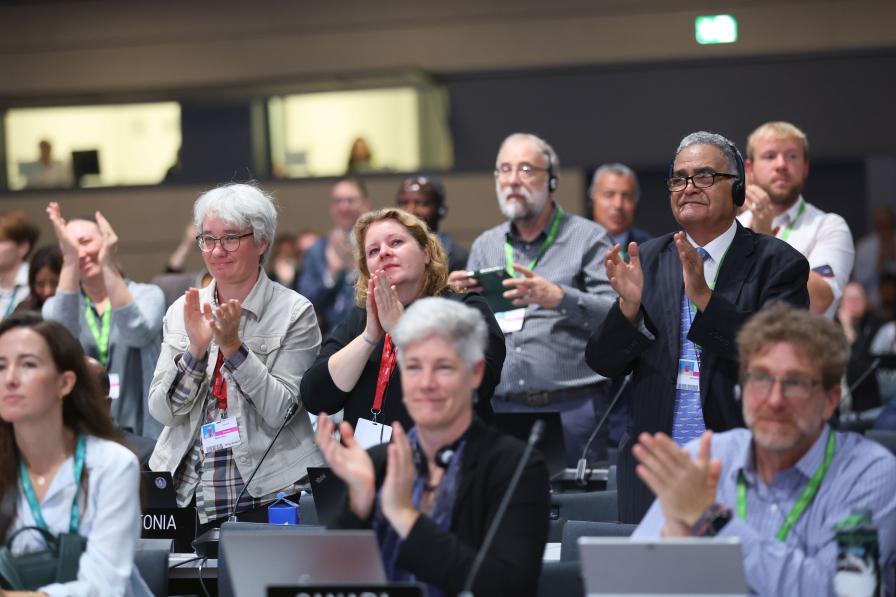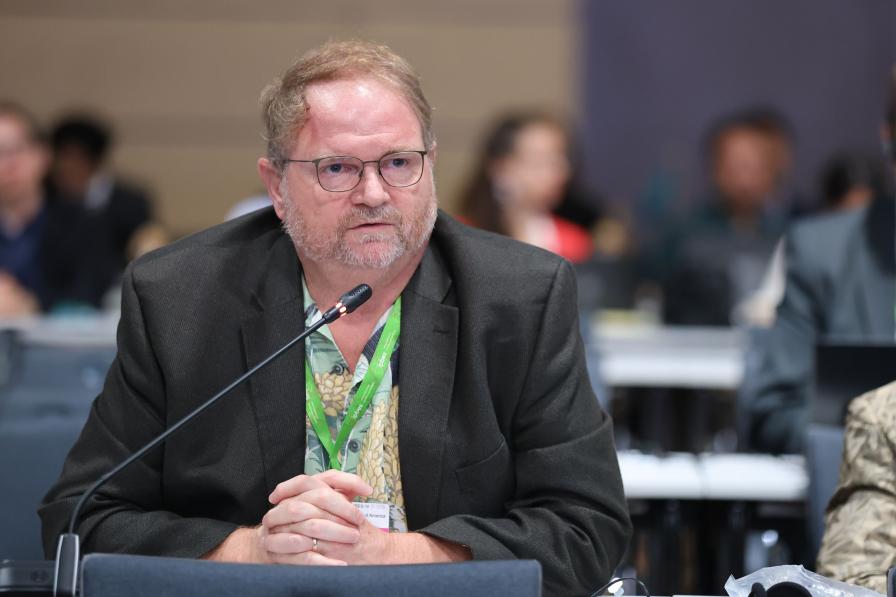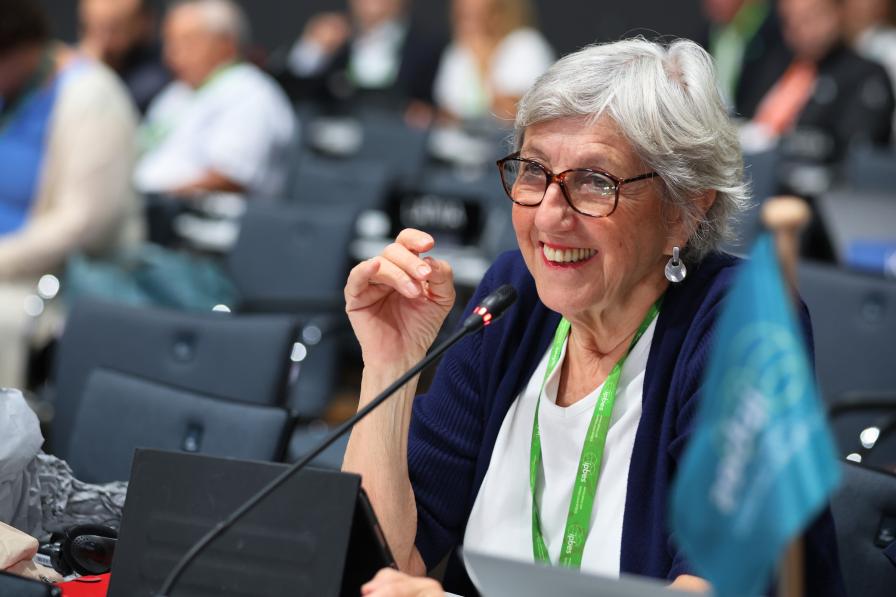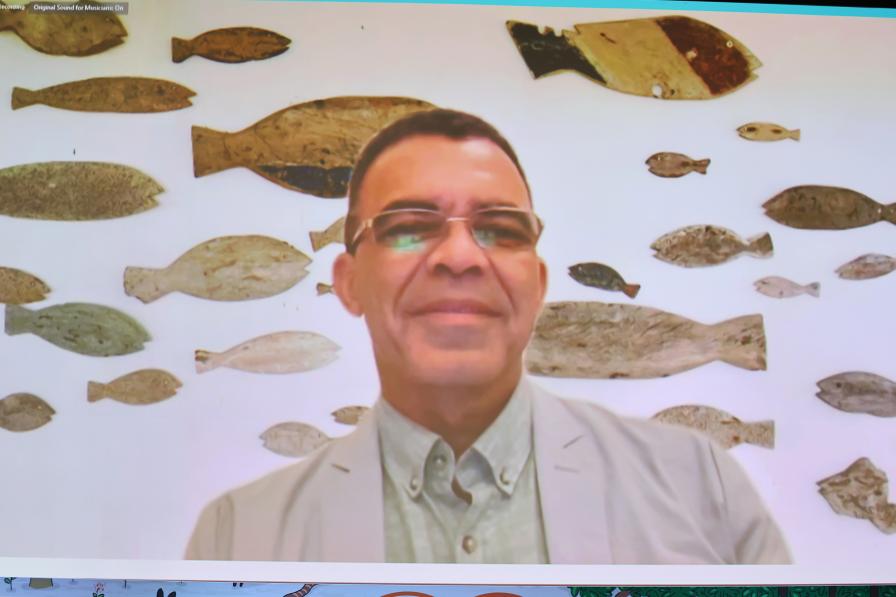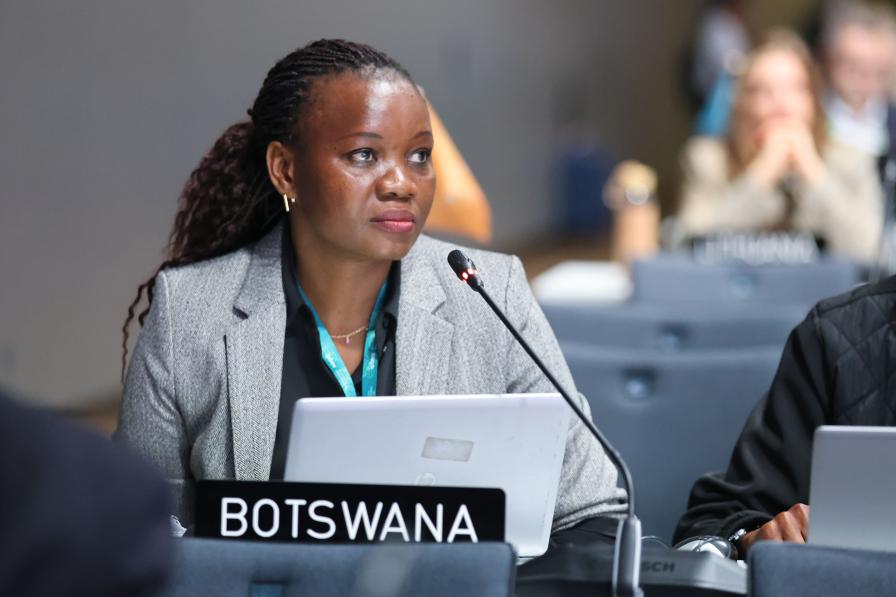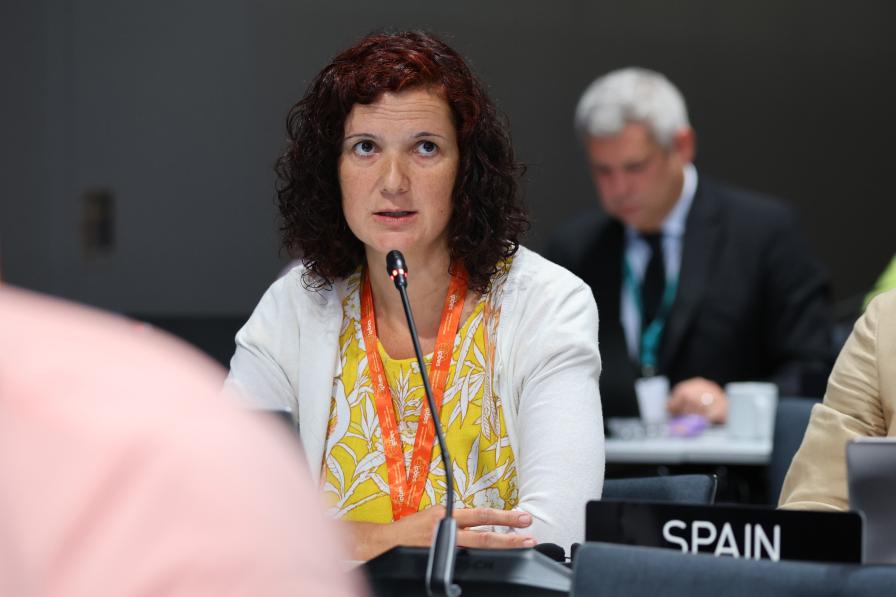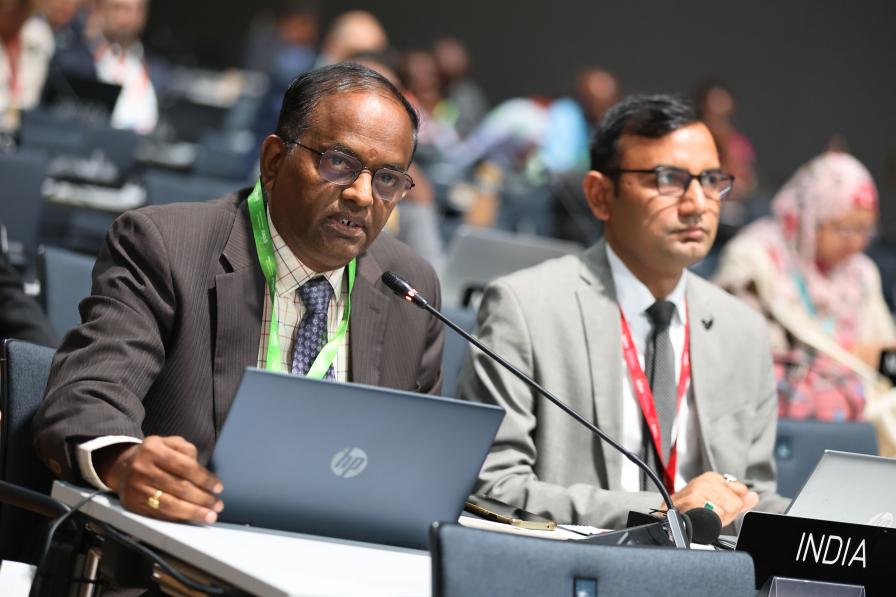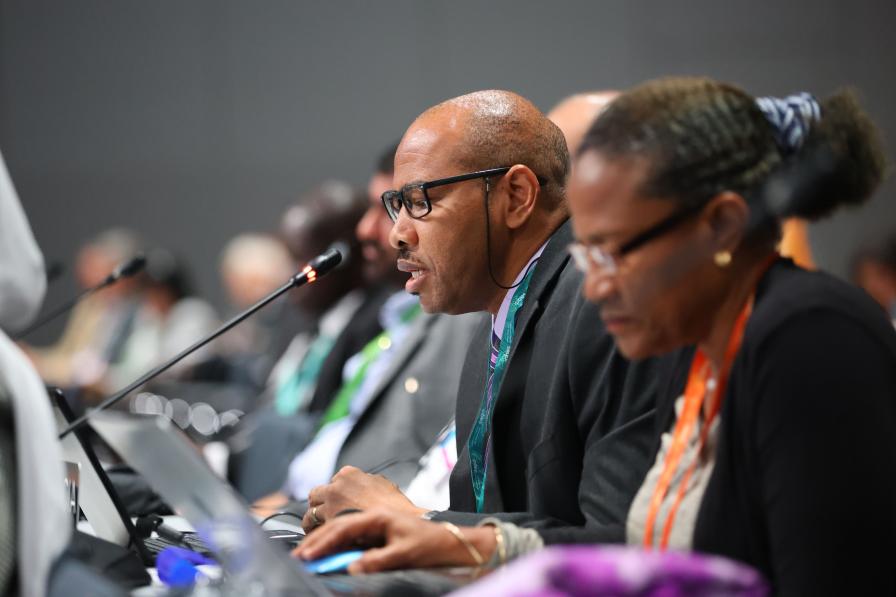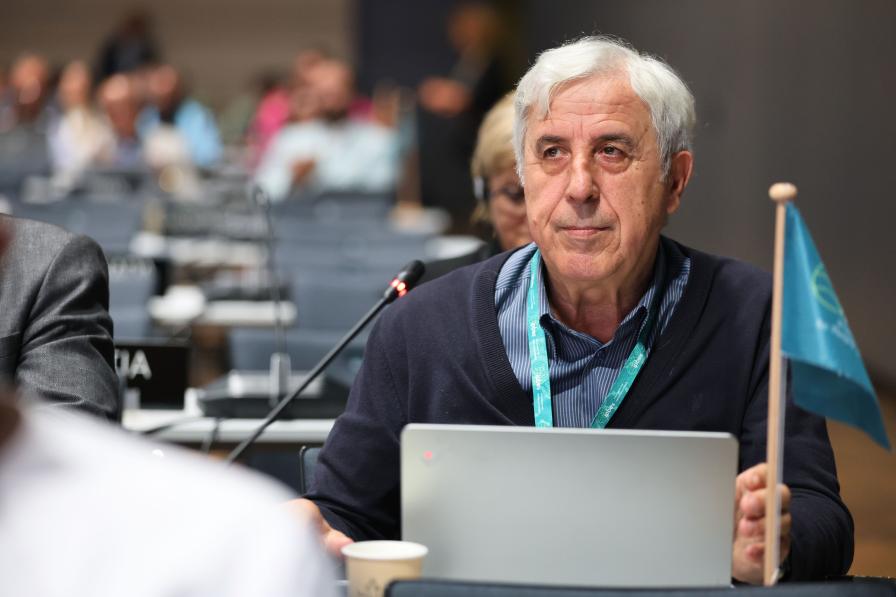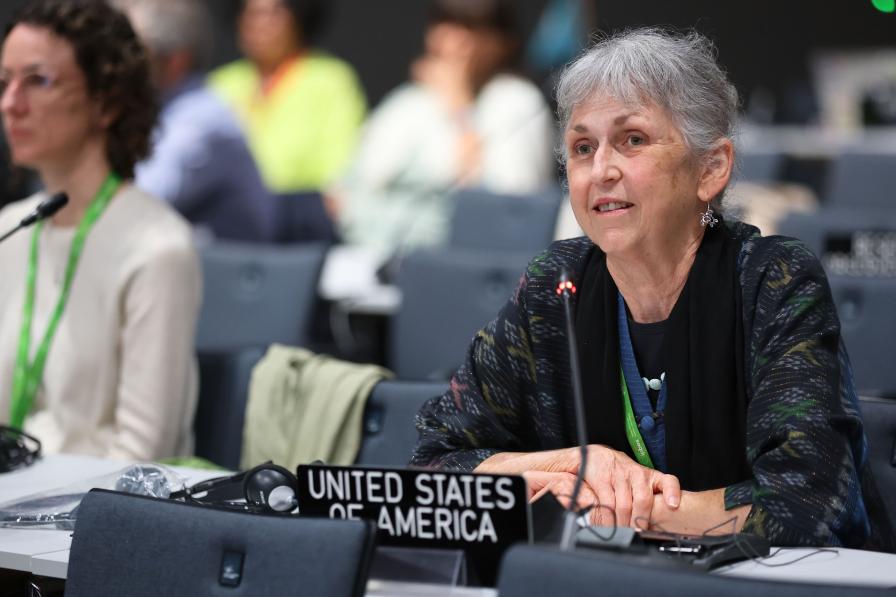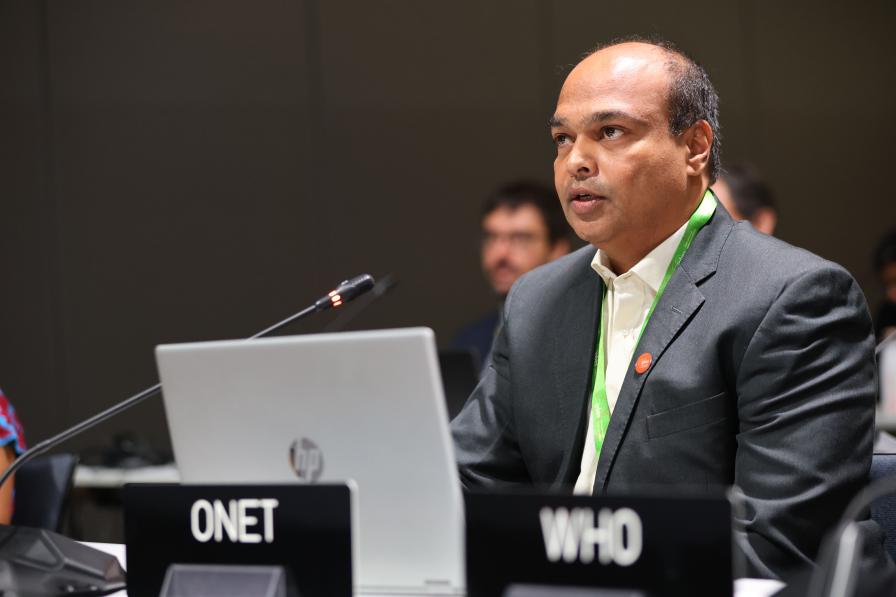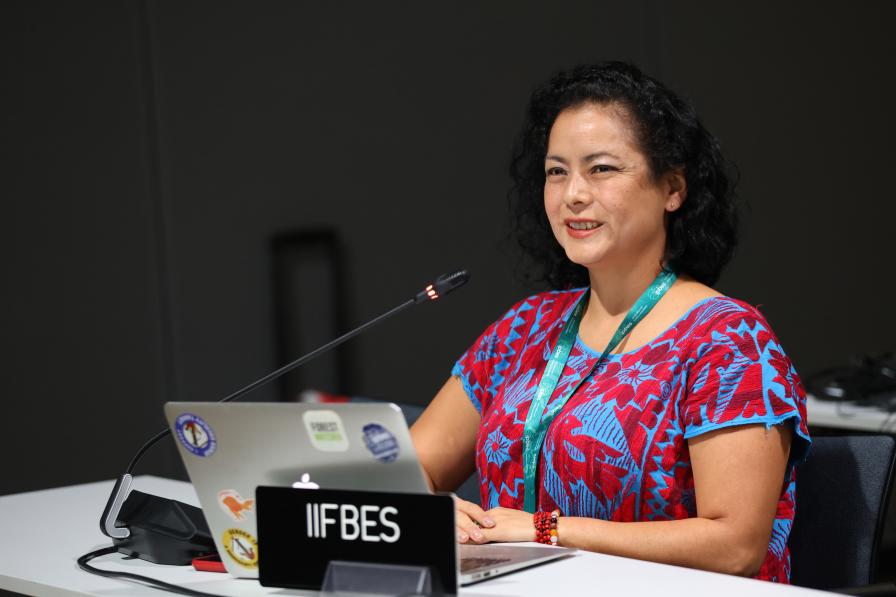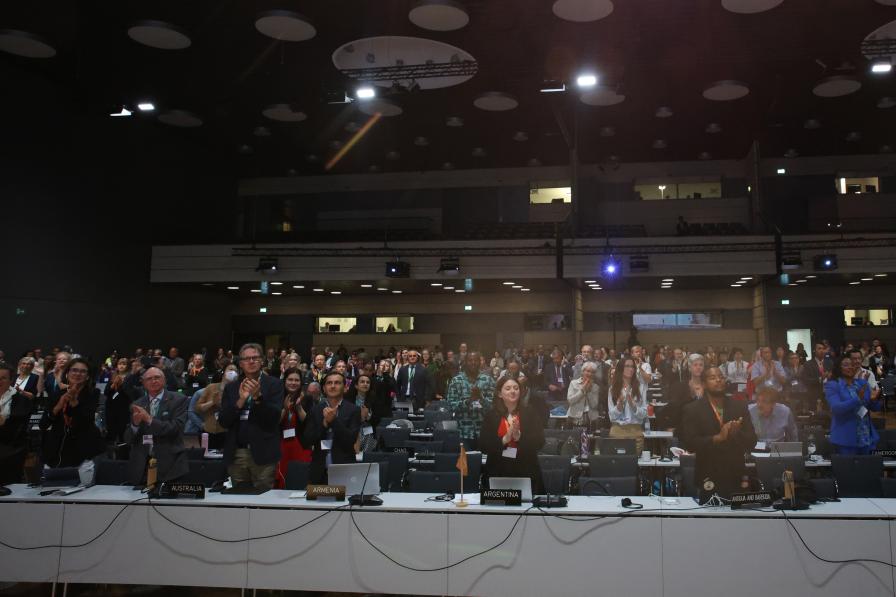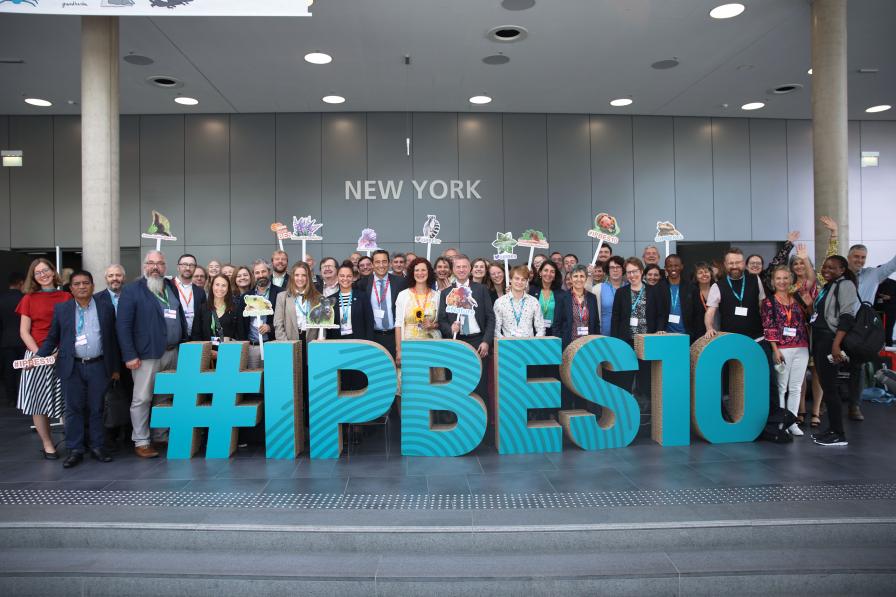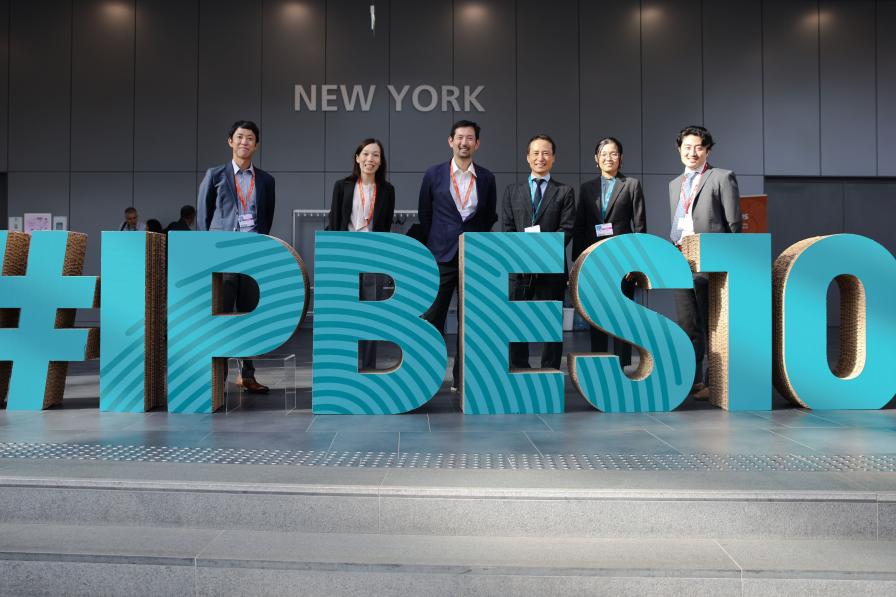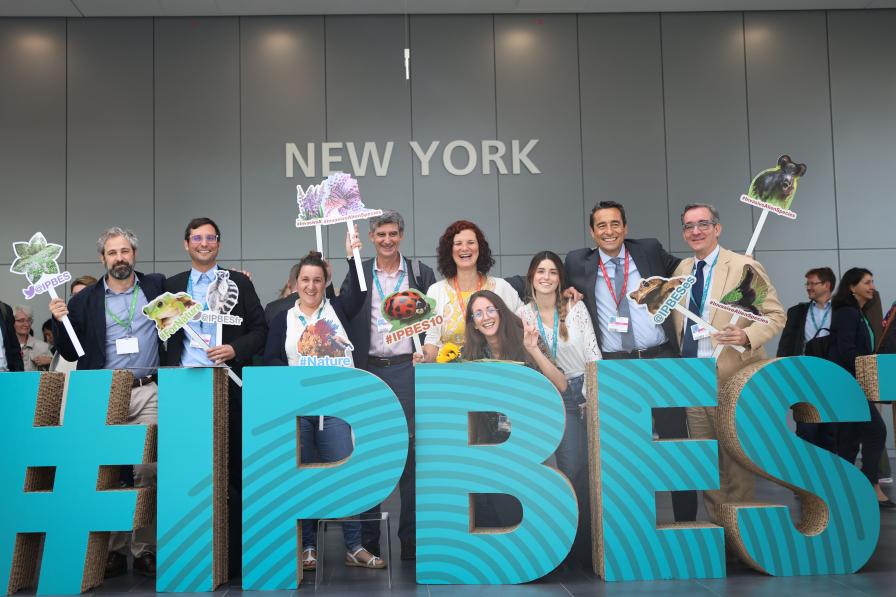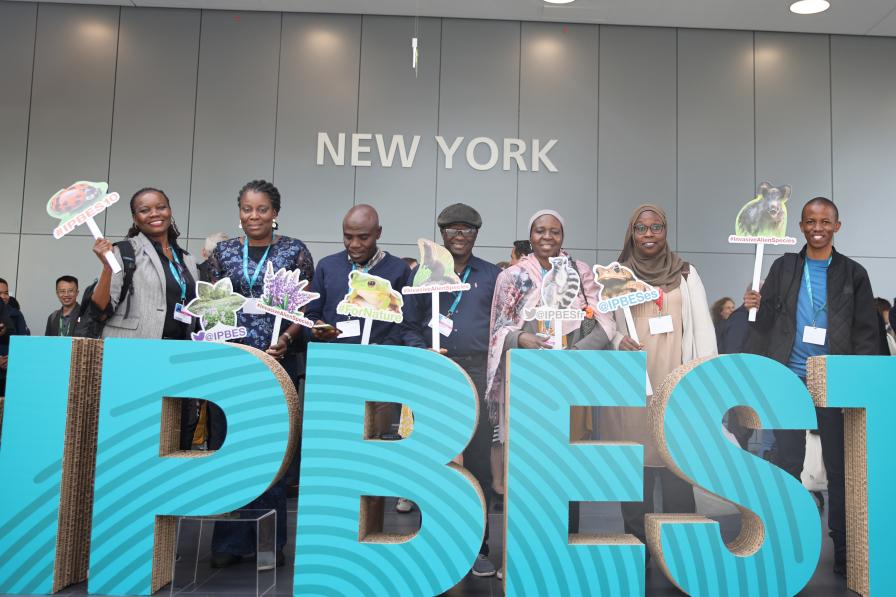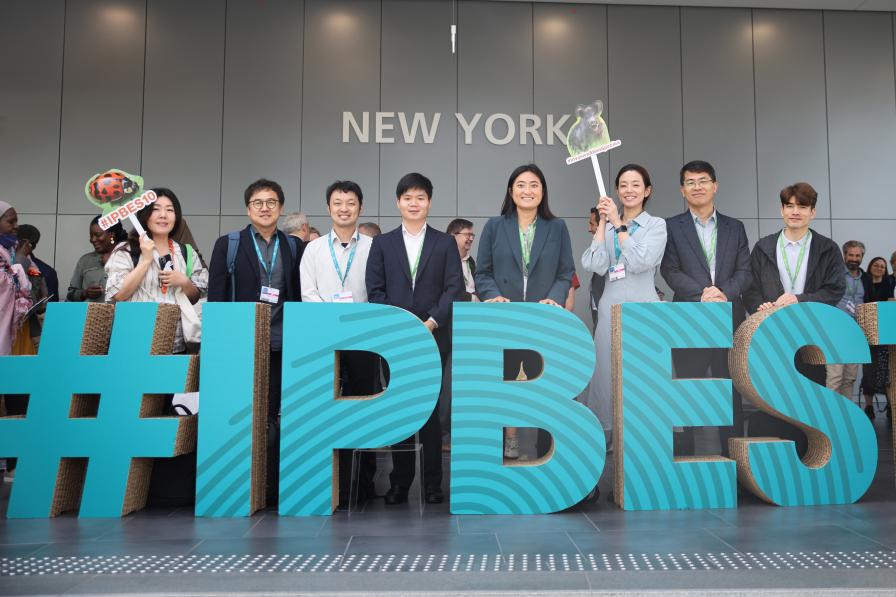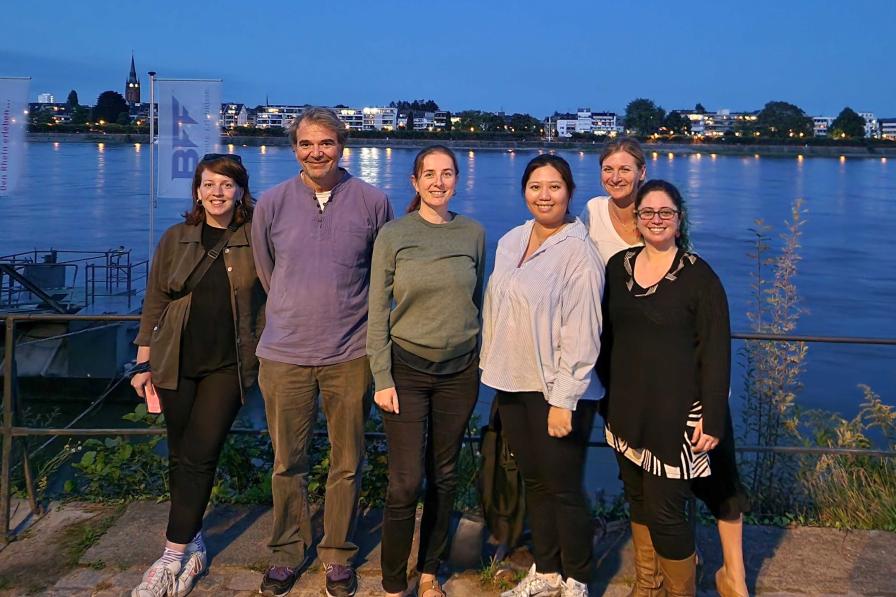The tenth session of the Intergovernmental Science-Policy Platform on Biodiversity and Ecosystem Services Plenary (IPBES 10) ended on a high note and with several rounds of applause.
Plenary approved the summary for policymakers (SPM) of the assessment of invasive alien species (IAS) and accepted the chapters of the assessment, with a long standing ovation. Assessment Co-Chair Peter Stoett invited delegates to thank the authors by translating the science into policy, indicating that the best way to do this is by leveraging its findings to inform the updating of national biodiversity strategies and action plans (NBSAPs).
In terms of additional assessments to be prepared up to 2030, delegates approved:
- a scoping process for a second global assessment of biodiversity and ecosystem services, for consideration by IPBES 11;
- the undertaking of a fast-track methodological assessment on monitoring biodiversity and nature’s contributions to people, for consideration by IPBES 13; and
- the undertaking of a fast-track methodological assessment of integrated biodiversity-inclusive spatial planning and ecological connectivity, for consideration by IPBES 14.
They also decided to determine the exact topic for a further assessment at IPBES 12, building on a further call for suggestions.
Delegates elected David Obura (Kenya) as the next IPBES Chair and accepted Namibia’s offer to host IPBES 11 in December 2024. They further adopted the terms of reference of:
- the midterm review of the 2030 rolling work programme;
- the task force on capacity-building;
- the task force on knowledge and data;
- the task force on Indigenous and local knowledge; and
- the task force on scenarios and models of biodiversity and ecosystem services.
All ENB photos are free to use with attribution. For IPBES 10, please use: Photo by IISD/ENB | Anastasia Rodopoulou.
To receive free coverage of global environmental events delivered to your inbox, subscribe to the ENB Update newsletter.

